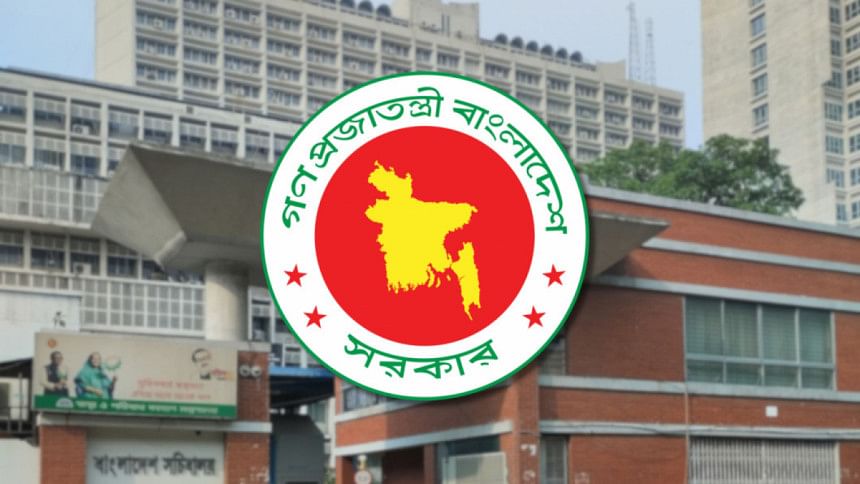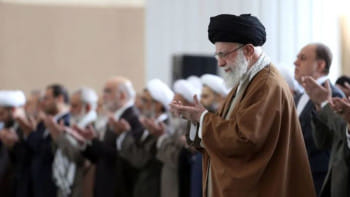Should Bangladesh be divided into four provinces?

Recent media reports suggest that the Public Administration Reform Commission of Bangladesh has proposed dividing the country into four administrative provinces as a means of decentralisation, aiming to establish a more efficient administrative system. However, it remains unclear whether this proposal also entails replacing the existing unitary parliamentary democracy with a federal system of governance. While federalism may be advantageous for vast nations such as the US, Russia, Indonesia, and India—where diverse social, cultural, and religious groups coexist—it is entirely unnecessary for a small and relatively homogeneous country like Bangladesh. A unitary parliamentary democracy remains the most suitable model for our governance.
What Bangladesh truly requires is an effective and manageable administrative framework rather than an expansion of the flawed system we currently endure. The administrative structure we have inherited, dating back to colonial rule in 1793, is profoundly obsolete and continues to hinder national progress, exacerbating poverty and contributing to social, cultural, and political deterioration. No modern, civilised nation retains such an antiquated system, which bestows excessive power upon administrative officials—such as upazila nirbahi officers (UNOs), deputy commissioners (DCs), and divisional commissioners—who function almost as viceroys. While certain superficial modifications have been made, the core structure remains largely unchanged and retains its colonial character. A comprehensive and fundamental restructuring is long overdue.
It is imperative that we dismantle this antiquated framework and transfer all administrative authority to the union parishad (UP), thereby eliminating the district and upazila administrative tiers. The UP should be reconstituted as the primary governing authority at the local level. Urban and rural areas alike should be divided into UPs, with all members and the chairperson elected through a party-list proportional representation system (PRS), where feasible. The UP should function as a robust local legislative body, complemented by a fully autonomous administrative unit tasked with implementing and enforcing its decisions. This unit would oversee essential public services, including primary and secondary education, healthcare, infrastructure, law and order, social welfare, and employment opportunities for both men and women. In essence, the UP would bear direct responsibility for the well-being of every citizen. A more in-depth discussion of the advantages of a strengthened UP system warrants further exploration.
By abolishing the offices of the DCs and UNOs, we would effectively curtail excessive bureaucratic dominance, ensuring that governance is truly by the people and for the people. Rather than being subjected to distant bureaucratic rule, citizens would be served by locally accountable representatives within the UP.
Dividing Bangladesh into four provinces would necessitate an expansion of the bureaucracy at both the central and provincial levels, inevitably leading to increased administrative expenditures, corruption, nepotism, and favouritism. The long-term financial, social, and moral transformation of Bangladesh—particularly in rural areas—can only be achieved through a robust local government, not through the reinforcement of the colonial administrative "iron frame." Advanced nations owe much of their stability and efficiency to the strength of their local governance structures. The US and UK, despite their imperfections, remain effective democracies largely due to the resilience of their local government systems.
Introducing a federal structure in Bangladesh would be catastrophic, not only due to the financial burden of sustaining multiple layers of government but also because of the nation's low levels of education and the deeply entrenched culture of political corruption. Such a transition would drive Bangladesh towards fragmentation, particularly given its sensitive geopolitical reality.
Therefore, Bangladesh requires a strong central government wherein authority is concentrated within a single national framework—eschewing regional governments while ensuring that local UPs are empowered to function under national directives. Laws and governance must remain uniform across the nation and should be executed solely by the local government (UP) through its own independent administrative apparatus. The sooner we abolish the ineffective and corrupt DC and UNO offices, the sooner Bangladesh can progress towards a truly people-centric governance system, underpinned by an efficient and accountable UP administration.
Tayeb Husain is a retired college teacher and business executive based in Sweden.
Views expressed in this article are the author's own.
Follow The Daily Star Opinion on Facebook for the latest opinions, commentaries and analyses by experts and professionals. To contribute your article or letter to The Daily Star Opinion, see our guidelines for submission.

 For all latest news, follow The Daily Star's Google News channel.
For all latest news, follow The Daily Star's Google News channel. 










Comments